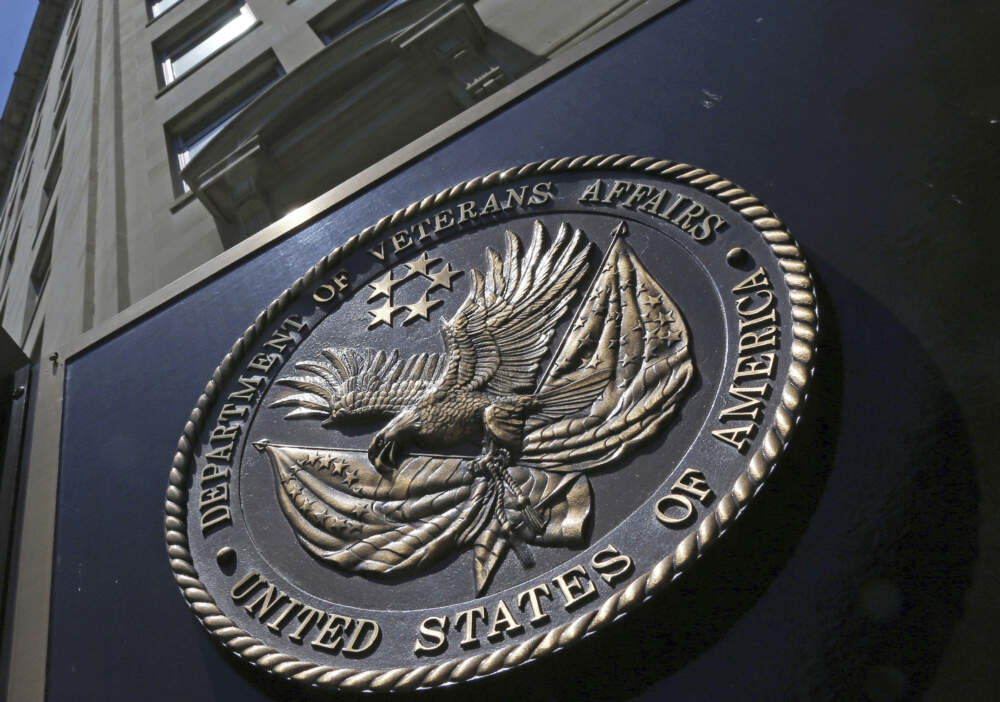Advertisement
Veterans sue U.S. Defense and Veterans Affairs departments to get access to infertility treatments

The U.S. Defense Department and the Department of Veteran Affairs are making it difficult, and sometimes impossible for veterans to get infertility treatments, according to lawsuits filed Wednesday in federal courts in Boston and New York.
The lawsuits seek to hold the United States accountable for creating obstacles to health care access for a population that advocates say has a higher rate of infertility than the population at large.
Both suits attempt to obtain in vitro fertilization coverage for military service members and veterans who don’t fit the Veterans Affairs definition of infertility, which is limited to married, heterosexual couples.
In Boston, Air Force veteran Ashley Sheffield sued the Department of Veteran Affairs, saying she was rejected for in vitro fertilization treatments because she is married to a woman.
"I’m shocked and disappointed that the VA is denying me and other veterans IVF benefits because we’re in same-sex marriages,” Sheffield said in a release. “We are entitled to equal treatment, and we should no longer be treated as second-class citizens.”
Sheffield, of Hampshire County, says she suffers fertility issues because she was exposed to burn pits and other toxic chemicals during her service.
The lawsuit in Manhattan federal court against the U.S. Defense Department and the Department of Veteran Affairs said infertility is pervasive in the military community, with research revealing that contributing factors include combat-related injuries, exposure to toxic chemicals and environmental hazards, sexual assault and post-traumatic stress disorder.
In a release, West Point graduate and Army veteran Renée Mihail said she has seen many friends and colleagues struggle with fertility after serving in the military.
"This is not just a coincidence; Our service has seriously impacted our ability to build families,” said Mihail, a law student intern with the Yale Veterans Legal Services Clinic.
According to the lawsuits, thousands of active military members and veterans face discriminatory and arbitrary reasons why they are rejected for appropriate treatment when they try to start having a family.
The lawsuit said those seeking in vitro fertilization coverage, the most effective treatment for infertility, are rejected if they are single, an unmarried couple, in a same-sex relationship or are a couple with the same reproductive organs, or if they lack proof that infertility is related to their service.
It sought a judge's order to find that it is discriminatory and unconstitutional for the United States to reject treatment based on sex, sexual orientation, marital status or on the cause of the infertility.
Defense Department spokesperson Nicole R. Schwegman said in an email that it would be inappropriate to comment on ongoing litigation.
A spokesperson for the Justice Department did not immediately respond to a request for comment.
With reporting from Larry Neumeister of The Associated Press and the WBUR Newsroom.